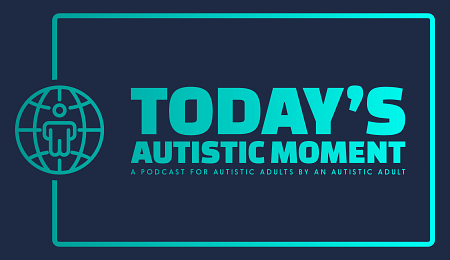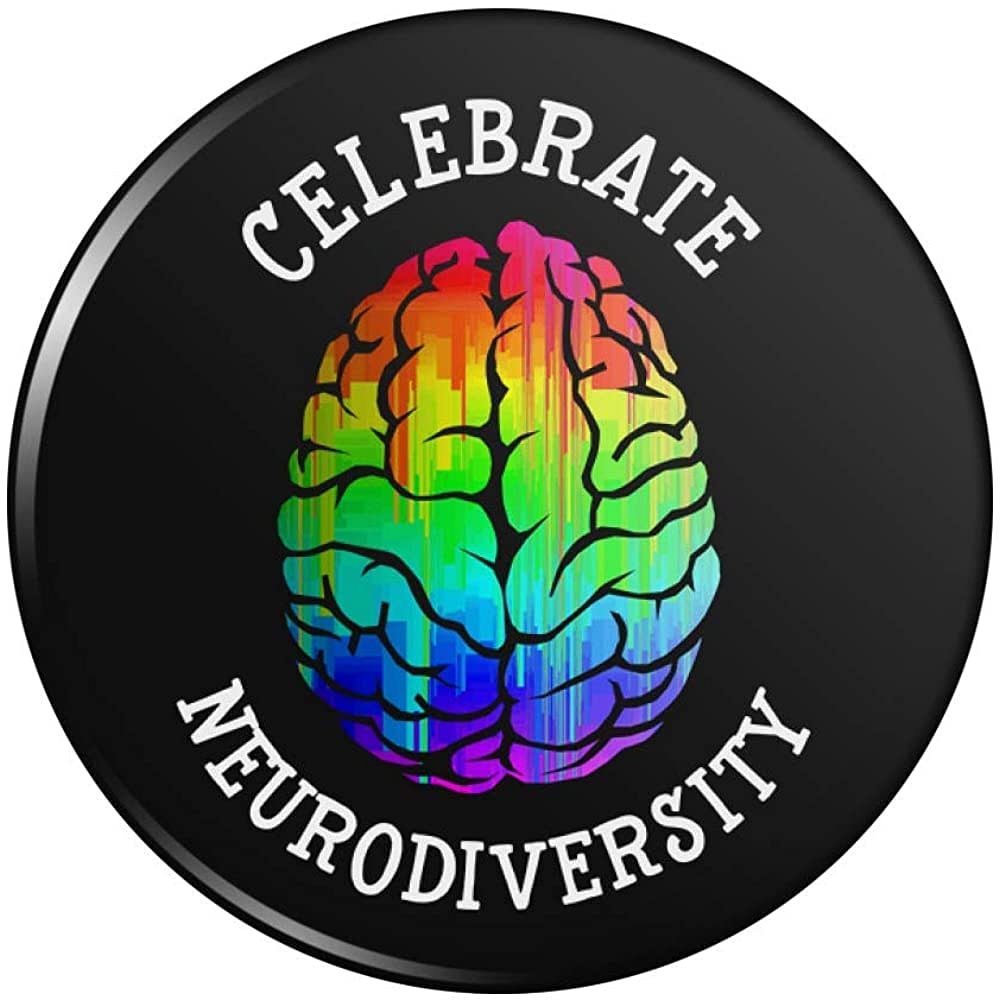
According to the DSM-5 one of the indicators of Autism is
-
Deficits in nonverbal communicative behaviors used for social interaction, ranging, for example, from poorly integrated verbal and nonverbal communication; to abnormalities in eye contact and body language or deficits in understanding and use of gestures; to a total lack of facial expressions and nonverbal communication.
Back in elementary, junior high and high school I experienced a lot of bullying. I was bullied about being fat, queer, wierd and unusual. On one occassion, I was sitting in a class in junior high school and I looked to my right at a student at the desk across from mine. He was constantly looking past my left to another student with an interesting smile. It was the kind of smile that was confusing. I wondered if he might be smiling at me. I had also been bullied enough to suspect he was eyeing a friend of his in a way to suggest that I was looking at him because I might be interested in him, or he sensed there was something unusual, so, he decided to have some fun at my expense. I remember mentioning the incident and other moments with other students eyeing each other to a teacher or hall monitor and they all responded with "Just ignore it" or "You don't know what he was thinking at that moment."
While I have no doubt that being Autistic means that we read body language differently, I also think that it is very possible that we read body language with more deeply than many neurotypical people. Many neurotypical people read body language and assume what is going on beneath the surface. Since I have accepted being Autistic, if there is one thing I have learned is that I know when someone is showing a body language or a vocal tone on the surface, while while having a different intention underneath. When it comes to neurotypicals, most of the time, I am correct. The neurotypical individual who was being so kind and pleasant on the surface turned out to be anything but authentic. What began as a nice gesture and conversation turned out to be just another dummy who assumed that I was totally incompetent to know what they were doing.
I think this has a lot to do with what neurotypical behaviors and stereotypes. As long as an Autistic person is masking and hiding who they are, a neurotypical person might perceive an Autistic doing exactly what they are "supposed to do" until they notice something that is not so neuro normative. Once they perceive that we are unique, they take advantage of the situation and use it to bully or condescend Autistics. It is this kind of stigma that causes so much emotional and psychological trauma. And before I forget, this includes those moments when there are two neurotypical individuals talking about the Autistic sitting on the couch, and assume that because we are Autistic, we do not know that they are talking about us. We know more than you think.
I think many Autistics really do understand body language better than most neurotypical people think. A lot of Autistics might not trust the body language they are interpreting, because, of how many times we are told that we misunderstood what they were saying. Consequently, we wind up not trusting our own perceptions of what body language we are interpreting. From my POV, when we don't trust our own instincts in interpreting body language, we almost always second guess our own body language and how we interpret others; that we eventually give up and don't even notice our own or anyone else's. And that is the tragedy.
It is subjects like these that I feel are among the reasons why we need to normalize the Autistic culture. Being Autistic is normal for Autistics. Being Autistic is a good and fulfilling way of being. The mental pain that so many of us experience is becasue of the stigmas of ableism and nuero normative behaviors that cause Autistics to be targeted by therapies that claim that they can "cure" Autism.
In closing, I think it is important that Autistics everywhere learn to embrace our Autistic strengths and mark them as achievements. Autistics have had enough of being negatively impacted by the lack of good judgement by the neurotypical majority. It is time we learned to trust in our own good judgements. We are different. That difference is worth accepting and celebrating and living proudly as we are.
Please continue to join me and my guests as we walk through this third season as Today's Autistic Moment and Autistic Voices Roundtale Discussions highlight the strengths and achievements of Autistic Adults.


